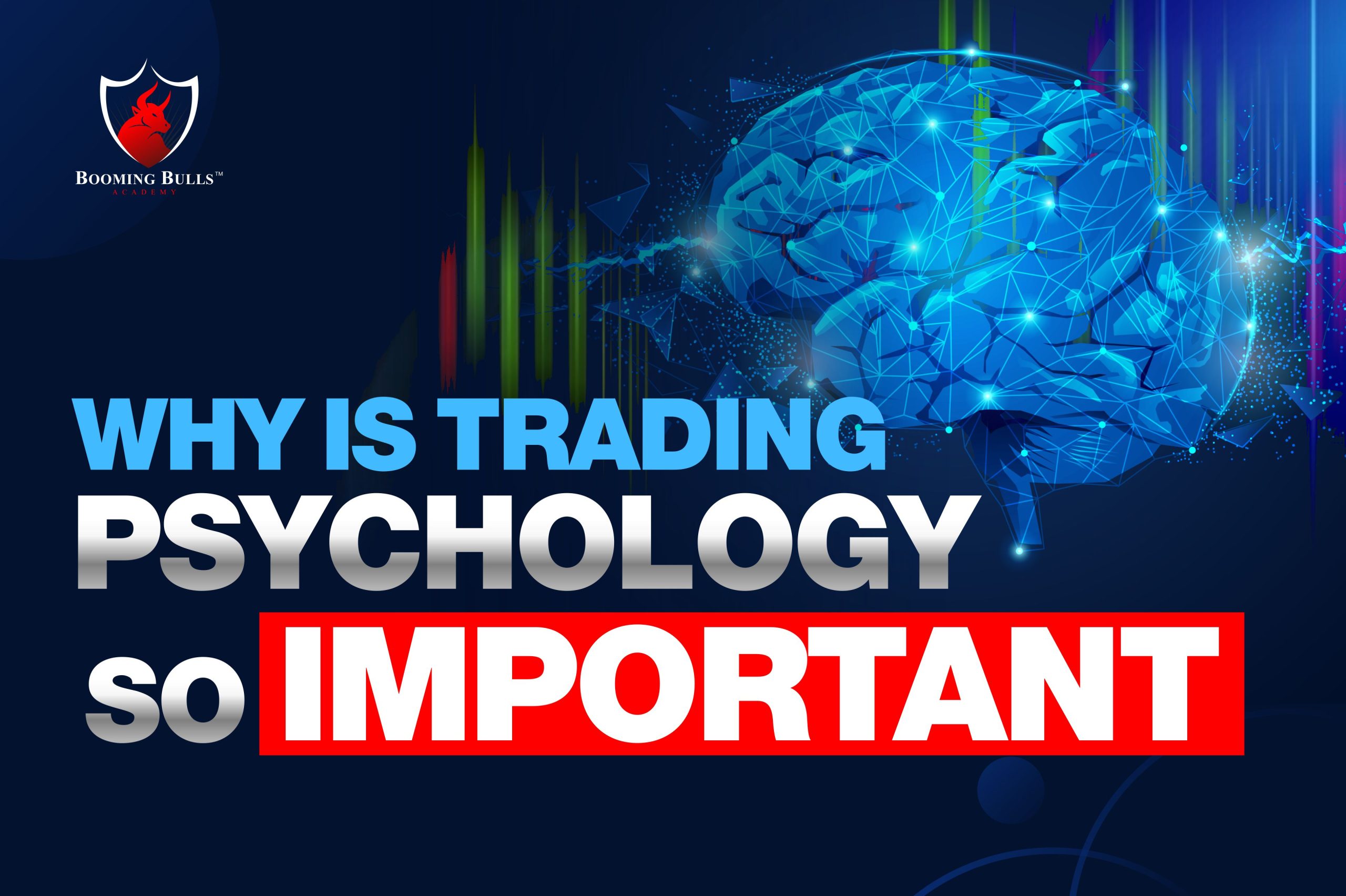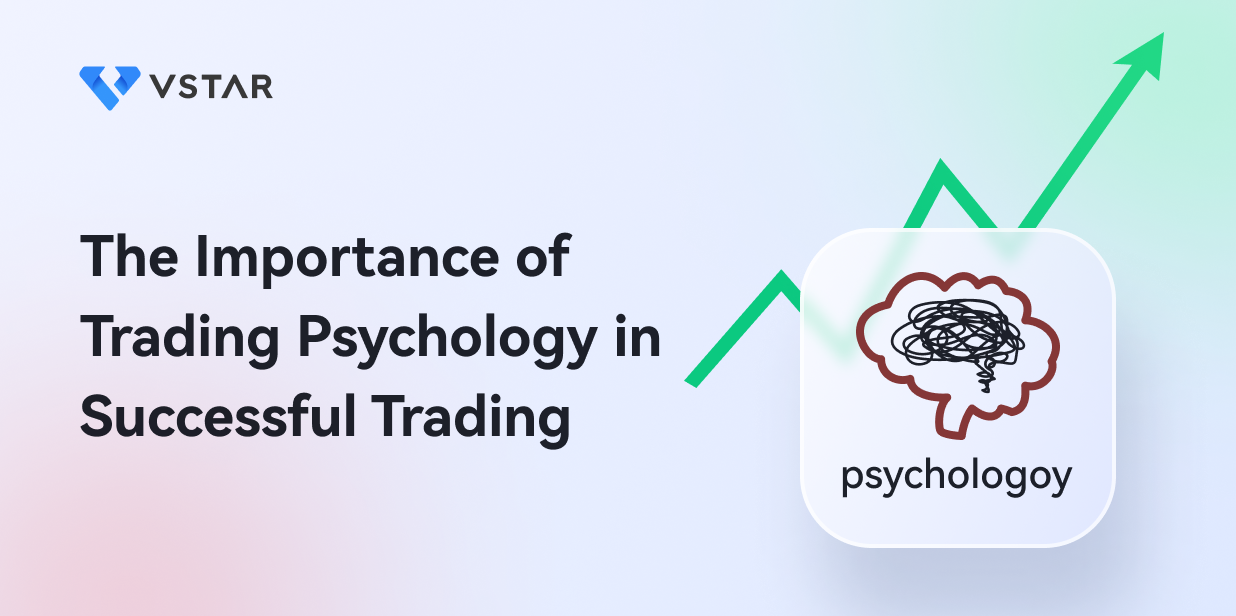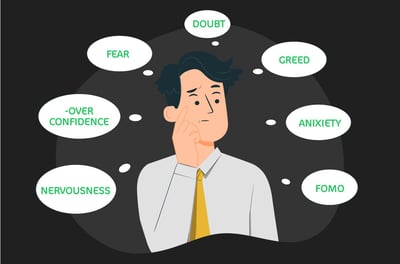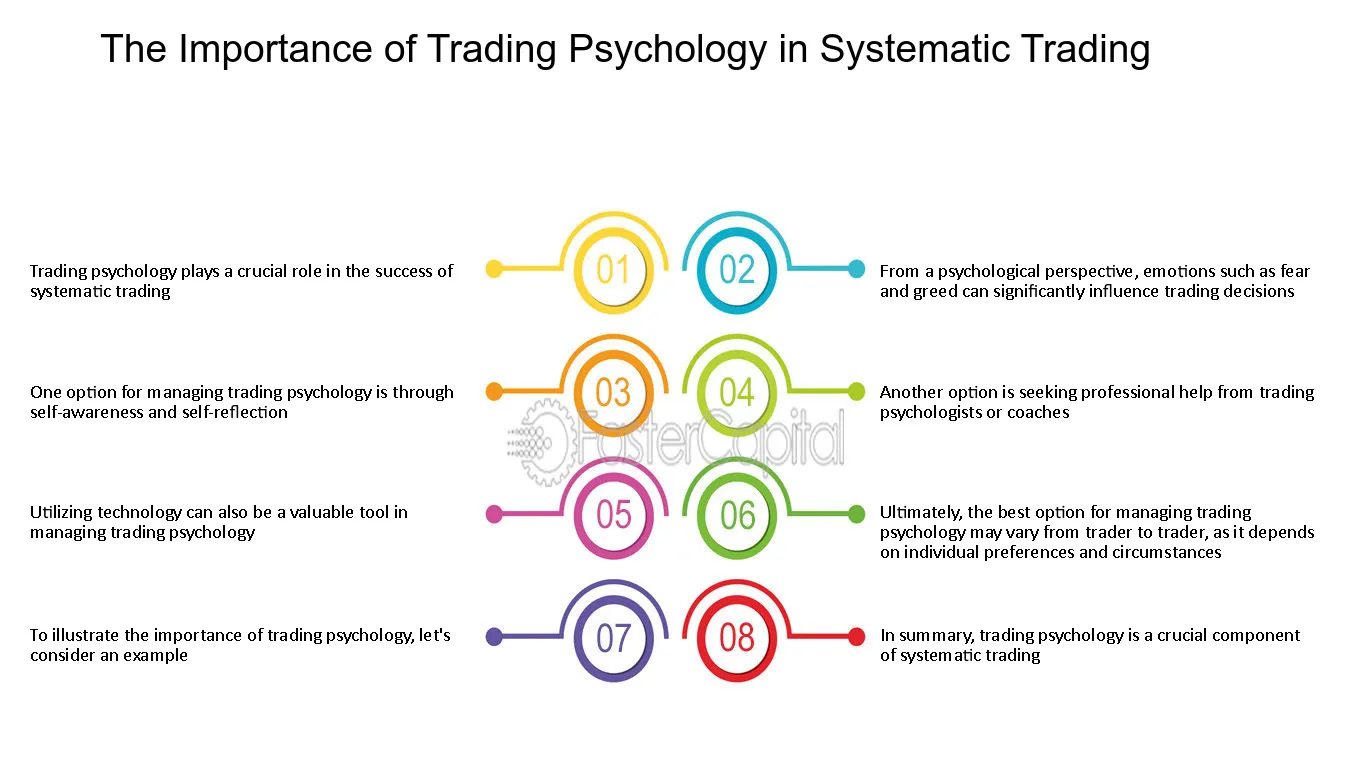Let’s be real — mastering the charts is only half the battle in trading. If you’ve ever panic-sold right before a bounce, held a loser too long, or jumped in because “everyone else is making money,” then you’ve already met the enemy. It’s not the market. It’s your own mind.
That used to be me too. Early in my trading days, I watched a green trade turn red because I got greedy. Then I doubled down, tried to win it back, and ended up taking a much bigger loss. That lesson stuck hard. It wasn’t my strategy that failed — it was my mindset.
So let’s talk about it. Understanding trading psychology is your edge. It’s the game within the game — the emotional battle that every trader fights but few openly discuss. This article breaks it down simply and practically so you can spot the mental traps and win more with less stress.
- What trading psychology really means
- The emotional traps you don’t even notice
- Why your mindset shapes your results
- Simple steps to build emotional discipline
If you want to trade with confidence, stay cool under pressure, and avoid blowing up your account — this is where it starts.

What Is Trading Psychology?
Understanding the Mental Game
Trading psychology is all about your emotional and mental state when you’re making decisions in the market. It’s fear, greed, hope, doubt, regret — all swirling in your head while your money’s on the line. No one’s immune to it. Not even pros.
I used to think discipline was just about following my strategy. But when I watched my perfectly planned trades fail because I jumped out too early or chased entries too late, I knew the real issue was between my ears.
Why It Affects Every Trade
Even with the best analysis or the smartest indicators, emotions can wreck your plan. That’s because trading is uncertain by nature. You’re risking real money — and your brain hates uncertainty. It wants comfort, safety, and instant wins. Trading psychology helps you respond rationally instead of emotionally when the pressure’s on.
Mind Over Market
What separates a consistently profitable trader from the rest isn’t just a better system — it’s a better mindset. You need to trust your edge, control your impulses, and stick to your rules. That kind of self-control takes awareness and practice.

Core Emotions That Drive Traders
Fear: Freezing Up or Bailing Out Too Soon
Fear used to paralyze me. I’d see price pull back slightly and I’d hit the exit button way too fast — only to watch it reverse right after. That’s fear talking. It tells you to protect yourself, even when your plan says hold on.
Greed: Pushing for More Until It’s Gone
Greed is sneaky. You score a solid win, but instead of taking it, you hold on for “just a bit more.” Then, boom — reversal. Trade gone. I’ve been there, and every time it happens, it’s a reminder: the market doesn’t care about your hopes.
Overconfidence and Revenge Trading
After a hot streak, I used to feel invincible. That’s when I’d start risking more, skipping confirmations, even trading without stops. And when I got slapped with a loss, I’d jump into another trade just to get it back. That’s called revenge trading, and it’s one of the fastest ways to burn your capital.

Real Examples of Trading Psychology in Action
FOMO: The Market’s Siren Song
I still remember watching a currency pair pump 200 pips in 30 minutes. I hadn’t planned for it, but I jumped in anyway — too late, of course. The result? Immediate drawdown. That was FOMO — the Fear of Missing Out. It’s a powerful urge, but it never ends well if you’re not prepared.
Revenge Trading After a Loss
I once took a big hit on a breakout that failed. Instead of walking away, I opened another trade right after — same pair, bigger lot. I wanted to win it back fast. That second trade cost me double. Emotional trading will always punish you harder than the market ever will.
Regret: Living in the Past
Sometimes I would look back and obsess over the trades I didn’t take or closed too early. That regret messes with your next decision. You start doubting everything. The cure? Stick to your plan and move on. One trade doesn’t define your career.

Why Is Trading Psychology Important?
It Shapes Every Decision You Make
You can have the perfect setup, but if fear takes over, you’ll exit early. If greed kicks in, you’ll ignore your take-profit and risk it all. Your emotions shape your actions — and those actions shape your P&L.
Discipline Creates Consistency
When I started journaling trades, I saw the same pattern again and again — my best trades were the ones I followed with discipline, not emotion. Consistency isn’t about avoiding losses. It’s about managing yourself no matter what the market throws at you.
Mindset Beats Strategy Long-Term
I’ve tested tons of indicators. What made the difference wasn’t the tool — it was how I used it. Mindset is what keeps you from quitting after three red days or blowing your profits with one bad impulse. That’s what keeps you in the game.
| Emotion | Typical Reaction | Common Result |
|---|---|---|
| Fear | Exit too early | Missed profits |
| Greed | Overstay or overtrade | Losses after gains |
| Revenge | Chase losses | Deeper drawdown |
| Overconfidence | Ignore risk rules | Big unexpected loss |
How to Improve Your Trading Psychology
Start a Trading Journal
One of the best things I ever did was start journaling my trades — not just the charts, but how I felt. I wrote down my confidence level, what I was thinking, and whether I followed my plan. That’s how I saw patterns in my behavior. Fear wasn’t random. Greed wasn’t a surprise. They had triggers. And once I saw them, I could manage them.
Set Realistic Goals and Expectations
In the beginning, I expected to double my account every month. Spoiler: I didn’t. Unrealistic goals just stressed me out and made me force trades. Now, I focus on sticking to my plan and compounding slowly. That shift in mindset took the pressure off — and my win rate went up.
Practice Mindfulness and Take Breaks
It sounds basic, but stepping away from the charts is powerful. I meditate, even if it’s just for five minutes. I take breaks after losses. I walk. These small resets help me stay clear-headed and avoid emotional spirals. Mindfulness isn’t about candles or mantras — it’s about noticing when your emotions are in the driver’s seat.
Techniques Used by Pro Traders
Pre-Trade Rituals and Post-Trade Reviews
Most top traders I’ve studied have a routine. Some review affirmations, others scan their checklist before hitting “buy.” I do both. Then after a session, I review everything — win or lose. I ask: Did I follow my rules? Did I act emotionally? That reflection builds consistency.
Using Stop-Loss Like Psychological Insurance
I used to hate stop-losses. I’d widen them or remove them — and you can guess how that ended. Now, I treat stops like insurance. I decide ahead of time what I’m willing to risk, and that lets me trade without panic. When the loss comes, it’s expected, not devastating.
Detach Your Self-Worth from the P&L
For a long time, a losing day made me feel like a failure. But your trading account isn’t a report card. It’s feedback. When I started separating my identity from my results, I stopped chasing wins and started chasing good decisions. That’s when everything changed.
Tools and Resources to Strengthen Psychology
Top-Rated Books on Trading Psychology
If you haven’t read Trading in the Zone by Mark Douglas, start there. It shifted how I think about probability, control, and mindset. Brett Steenbarger’s work is another gem — especially if you want real case studies from pro traders.
Guided Meditation Apps for Traders
Apps like Headspace and Calm helped me center my mind before trading. I even created a short playlist of calming audio tracks I listen to during prep. You don’t have to be spiritual — just still. Focused. In the moment. That’s where the edge lives.
Journaling Tools and Community Forums
I use a spreadsheet to track my trades, but tools like Edgewonk or Tradervue make it visual. And if you want accountability, join a trading forum. Not just for signals — for growth. Being around disciplined traders helps you level up.
FAQ
What is trading psychology?
Trading psychology is the mix of thoughts, feelings, and emotional habits that affect how you trade. It influences when you enter and exit, how you handle losses, and how consistent you stay. It’s the emotional side of trading, and it’s just as important as any strategy.
Why do traders make emotional decisions?
Because money triggers emotion. Fear of losing, excitement over gains, regret from missing out — all these affect judgment. And since markets are uncertain, your brain tries to protect you, even when it hurts your trades.
How can I improve my discipline in trading?
Start by building self-awareness. Track your emotions, journal every trade, and set clear rules you commit to. Use stop-losses. Take breaks. And don’t trade when you’re emotional. Discipline is a muscle — the more you practice, the stronger it gets.
What’s the best book on trading psychology?
Trading in the Zone by Mark Douglas is hands down the most recommended book for mastering mindset. It teaches how to think in probabilities, manage emotions, and stay consistent even when the market’s wild.
Recap of Key Points
If you’ve ever let fear, greed, or revenge make a decision for you — welcome to the club. Trading psychology is the foundation that supports every strategy. Without it, even the best plans fall apart.
We covered how emotions show up in trading, how they cost you money, and what to do about them. From journaling and goal-setting to mindfulness and pro tips, you’ve got the tools to start shifting your mindset today.
So here’s my final thought: Markets will always test you. They’ll pull your triggers and push your limits. But if you build the discipline to stay grounded, make clear decisions, and trust your edge — you’re already winning.

5 Comments
Pingback: 7 Ways Traders Self-Sabotage and How to Overcome Them - Chronos Trading
Pingback: Overcoming Fear and Greed in Trading: A Practical Guide - Chronos Trading
Pingback: The Hidden Edge: How Patience Can Transform Your Trading Results - Chronos Trading
Pingback: Building Confidence as a Trader Without Overconfidence - Chronos Trading
Pingback: How a Trading Journal Can Boost Your Trading Psychology and Results - Chronos Trading